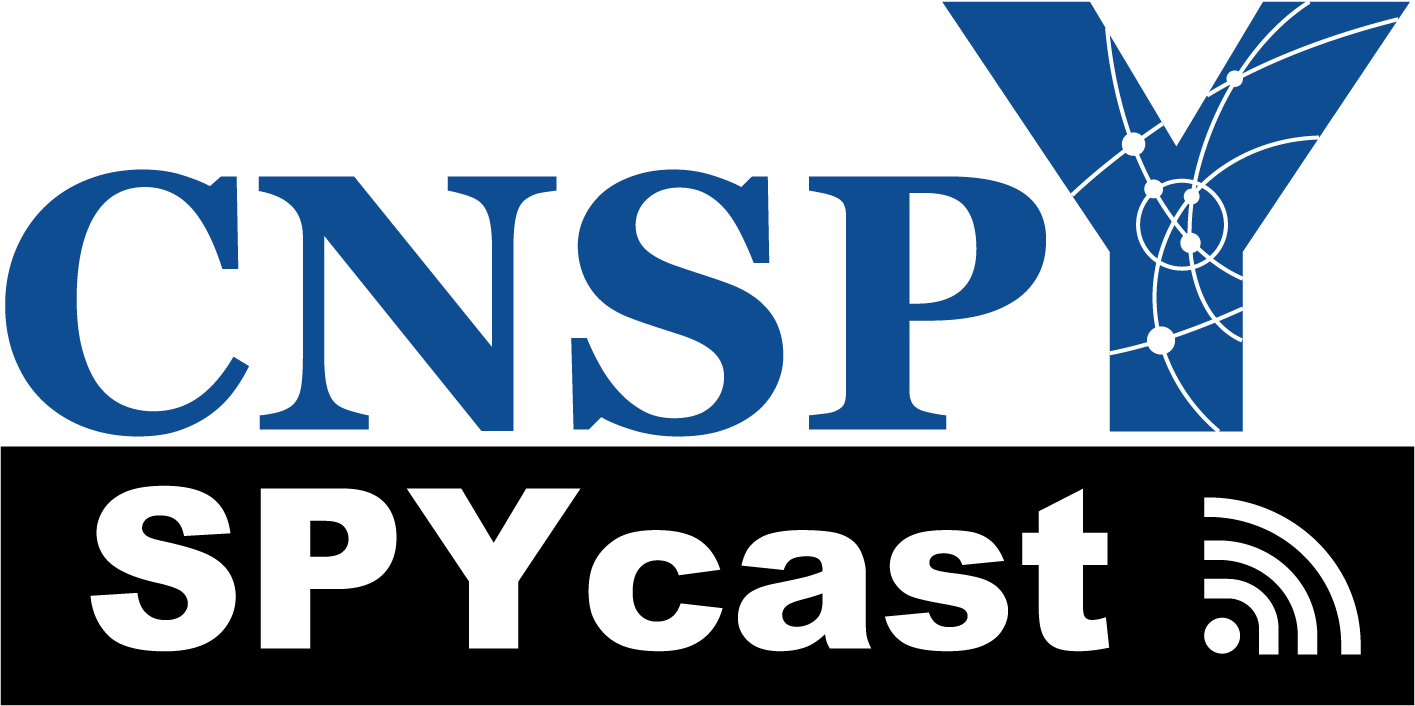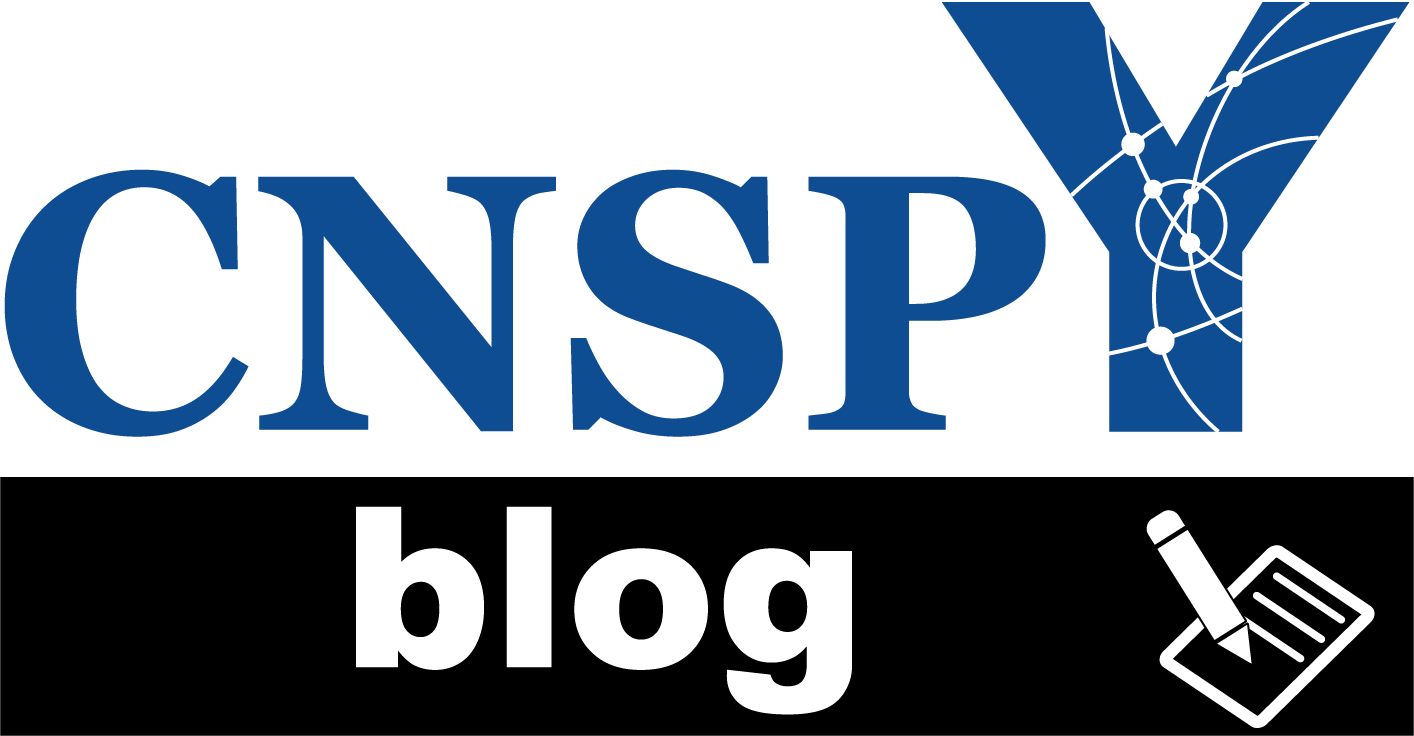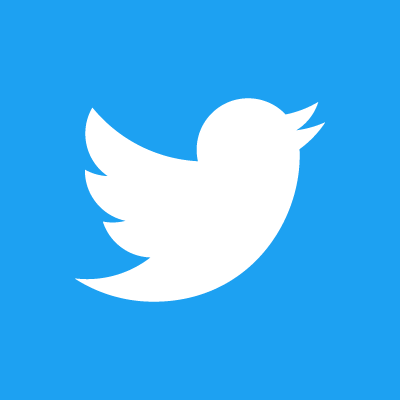It may be a clichéd statement, but it’s so incredibly true…
You never get a second chance to make a first impression.
This is never more true than when interviewing for a job. Regardless of who you really are, what you portray in your interview – in the first few minutes of your interview even! – is what other people will remember about you and what they will use to judge your character, work ethic, potential, etc.
To demonstrate how important it is to make a good first impression, here are some of the top reasons – and the corresponding statistics – for why employers didn’t hire worthy candidates:
1) 67% said that applicants failed to make sufficient eye contact during the interview
2) 55% said that the applicants dressed poorly or didn’t carry themselves confidently
3) 47% said it was clear that the applicants had no knowledge of the company
4) 38% said the applicants didn’t smile during the interview
5) 33% said the applicants had poor posture and/or a weak handshake
Notice that none of these reasons point to any deficits in intelligence or ability to do the job. They are all purely based on the way the applicants were perceived.
Believe it or not, something as simple as eye contact is enough to dissuade an employer from hiring you, emphasizing that it’s really all about that most critical first impression.
Think of it this way… Given how few people make it past the application phase and actually get invited for an interview, you should assume that if you have passed all of their previous phases of screening, you are most likely intelligent enough and deemed well-suited for the position. The interview is merely about making sure your personality fits well with the team and ensuring that you will represent their company well.
In essence, the interview is just a personality check.
So make sure you portray yourself in the most positive light possible. For some, this may be difficult. Maybe you aren’t the best at interviewing. Maybe you get so nervous that you can’t be yourself. Like everything else in life, interviewing takes practice. It’s a skill that you have to develop.
But even if you don’t have a ton of time to devote to interview practice, there are still many simple things you can do to improve your potential employer’s impression of you.
1) Be outgoing.
Unfortunately and unfairly, shyness is often equated to inability.
If you are naturally a very reserved person, you need to force yourself to be outgoing during an interview. Be chatty, make small talk, return the questions asked of you back to your interviewers when appropriate (i.e. “How are you?” “I’m doing well, how are you?”), etc.
Demonstrating strong interpersonal skills is key when interviewing because, in any job, you’ll be required to interact with others at the company/institution and possibly clients (where applicable). Without the ability to maintain general conversation, you highlight that you can’t function well in their environment and, therefore, aren’t a good fit for the job despite your merits.
2) Don’t be desperate.
When asked, hiring managers explained that they are initially turned off by a candidate when the candidate immediately expresses interest in taking the job. It surprises them that candidates want a job that they know very little about – you just got there! How could possibly know for sure that you love it and want it?
At the start of an interview, you haven’t yet met everyone at the company, you likely haven’t met your potential boss, you haven’t seen the facilities, and you haven’t inquired more about the company and learned things that you can’t garner from the Internet. This demonstrates that you don’t care what the job is, you’ll take it!
The hiring manager is likely to think that if you are simply desperate for a job, you are probably not the best fit.
Additionally, the hiring manager might think that if you could make such a big life decision without all of the necessary information, you might also make quick decisions on behalf of the company without all the necessary information once you’re hired. Thus, it doesn’t bode well for you in the eyes of the hiring party to express a desire to take the job without first enduring the entirety of the interview. It may be true that, at this point in your career, you’ll take anything, but it’s in your best interest to experience the whole day first and make a well-informed decision later.
3) Ask questions.
Many hiring managers also expressed concerns when the candidates seemed disinterested and didn’t care to inquire about the company, the specifics of the job, how the daily operations run, etc.
The interview is a two-way experience. They need to determine whether you are a good fit for them. Likewise, you need to see if they are a good fit for you. Hence, both parties need to ask questions.
Aside from being interested in learning more, it’s important for you to feel out the situation and see if this company could truly become your new work home. If you are unclear about a policy or a practice, NOW is the time to ask about it, not after you’ve accepted and started your job. It would be a shame to start a job and later learn that you get zero vacation days, which is probably a deal-breaker for you. So ask any questions you may have during the interview as well.
4) Impress them by bringing a project, not by spouting off company facts.
Many job candidates feel that knowing about a company is something they need to highlight in their interviews, and this mentality is completely wrong. It’s understood that you have done your homework and thus should know as much about the company as possible before coming to your interview. During the interview, you should be shocked to find out something you didn’t know about the company – that’s how well-versed you should be. Simply knowing a few tidbits of information about the company isn’t enough to impress your interviewers.
Instead, impress your interviewers by bringing an idea or a project that could improve the company/institution going forward. Maybe you noticed a glitch on the company website and have a solution for how to fix it, or maybe the company does xyz in a very inefficient manner and you have an idea about how to streamline it and make it simpler and more effective. Similarly, if you’re applying for a postdoctoral position in a lab, don’t just ask about the projects the PI wants to get completed, bring a novel idea of your own… perhaps something daring (and maybe risky) that has huge potential to be ground-breaking if it works. These are the types of things that will impress your interviewers.
5) Ask for the job.
At the end of the interview, ask for the job. Many hiring parties expressed that if candidates seemed uninterested at the end of the interview, they didn’t bother sending an offer letter. In contrast, the candidates who expressed interest in what they had observed during the day and flat-out asked for the job ended up being offered the position.
The key here is in HOW they asked for it. They weren’t begging, and it wasn’t necessarily a question either. In “asking,” they proved – somewhat objectively – that they were a good fit for the job and highlighted what value they would bring to the company if hired.
For example: “Thank you for a wonderful day. I really enjoyed my time here today, and I’m really excited about the possibility of working here. It seems very team-oriented, and having been a successful team leader on X project at Y previous job as we discussed earlier, I know that would thrive here and be able to really help the company expand this sector of R&D. I’m really looking forward to hearing from you about the possibility of joining the team.”
If you like what you see, go for it, cite objective examples of how well you would fit in (i.e. don’t just say “I’m a good team player,” demonstrate it with a previous example), and mention a projected goal you’d have if you were hired. Those who did this were much more likely to receive an offer letter for the position than those who didn’t.
6) Follow-up!!! (with everyone!)
It should be a given that you will follow up with your interviewers. Not following-up is the fastest way to ensure that you DON’T get hired. So make sure you always follow-up, but also… make sure you follow-up with every person you met with that day.
As we’ve mentioned before, everyone you meet could have a say in whether or not you get hired. The boss or the person who makes the final decision could ask them for their opinions. If she’s wavering and her other colleagues give the assessment, “Yeah, he was ok. Sure, hire him,” you may not get the job, but if you follow-up with that person and mention something light-hearted from your conversation and genuinely thank them for their time, they may be more inclined to give a more favorable review with specifics about you to the boss, which could sway her to commit and offer you the position.
This is certainly true of academic job interviews, as we pointed out last week. Remember that even though the Department Chair may have the final say in whether or not you’re offered the Assistant Professorship, you will meet one-on-one with other PIs in the department as well during the course of the day, and the Department Chair will most likely ask each PI with whom you met about their thoughts. So make sure you send a quick “Thank you”/follow-up email to each PI you spoke with in addition to thanking the Department Chair after your interview.
7) Be genuine.
This goes without saying, but be yourself. Do not pretend to like skiing if you hate skiing – it’s obvious when you’re lying. Additionally, if your interviewers catch you lying about something as mundane as a hobby, they will be left thinking, “Well, what else is he lying about? Is his resume false or embellished?!”
Always be true to yourself and who you are. Do not try to be who you think they are looking for. Keep in mind that they saw YOUR resume/CV, and subsequently invited YOU to the interview, not someone else. Hence, they are interested in YOU, so it behooves you to be yourself.
8) Smile.
This is so simple, yet so often overlooked. Smile. That’s it. Just smile, and smile often.
Every time you see a new face, smile. Mid conversation, smile. Ending a one-on-one session, smile. In the hallway, smile. On the elevator, smile.
Smiling immediately puts others around you at ease, and makes things seem better and happier when they’re around you. It can make someone’s day brighter, and it can induce the release of certain chemicals in the brain that bring about happy feelings. So when the boss later says, “I don’t know exactly why, but I just have a good feeling about him,” she’s more inclined to offer you the job. And all it required was a smile. So SMILE! 🙂
9) Do not speak negatively about past employers/bosses.
This only makes things awkward for everyone in the room. Unless you are going to highlight something positive that you learned from a negative experience – like a new philosophy or way of thinking that you learned from a failed project – don’t do this. It just reflects poorly on you.
Your potential employer will see that you are speaking badly about your former boss behind their back and, in turn, think that you could potentially do the same about them. Also, speaking negatively turns the conversation from something light-hearted and enjoyable to something awkward, uncomfortable, and possibly a little heated, which eliminates the possibility for that “I just have a good feeling about him” notion we just spoke about.
Avoid negative talk at all costs in an interview. Do not let your potential boss’s first impression of you be one of an angry ex-employee who can’t let go of the past and move on. Stay positive!
10) Make eye contact!
Circling back to the #1 reason why most employers don’t hire someone… You should make eye contact! Often! (Just like smiling.)
The inability to make eye contact with someone gives the perception that you are being deceptive. Indeed, in police interrogations, there is usually one member of the task force making note of how often the suspect looks away and avoids eye contact. Why? Because it is psychologically proven that it is easier to lie when you are not looking at the person you’re lying to. Less physical discomfort occurs when you look away (i.e. less sweating, twitching, and nervous fiddling when you avoid eye contact while lying). Similarly, avoiding eye contact during a job interview can make it seem like you’re not being forthcoming about something your potential employer may need to know.
Additionally, avoiding eye contact sends many other negative impressions. For one, you will appear closed off and unwilling to open up to your new surroundings, which doesn’t suggest that you’d be a good fit for the job and their team. Second, it can imply that you are an insecure person, and companies would prefer to have employees who are confident and carry themselves well in unfamiliar environments because, regardless of whether or not you’re labeled as the company’s “representative,” you will inherently serve as the face of the company/institution for anyone you meet (at events, conferences, etc.), and, like you, companies want to give good first impressions in those scenarios. Thus, failure to put forth a confident front in the interview suggests that you might also fail to do so at these other functions, in which case, they’d prefer to hire someone else. So make eye contact, and avoid sending the wrong message about yourself during the interview.
If making eye contact makes you more nervous, try staring at the bridge of their nose right between their eyes – this relieves you of the nervousness associated with making direct eye contact, and they can’t tell the difference in where you’re looking (their eyes or the bridge of their nose). Try this strategy with a friend, and see for yourself how well it works!
These are ten simple things that require minimal extra effort, but they can make the difference between getting hired and getting passed up for someone else.
After all the work you’ve put into your education and your career to date, don’t be your own obstacle when it comes time to interview for your dream job. Keep in mind that, if you make it to the interview phase, you are likely a top choice for the position already because very few people actually get called in for that final assessment. That alone should serve as a confidence boost for you before you even get started with the interview.
So stay on top of your game, know that you are worthy of the position, remember these few simple tricks, use them during your interview process, and then rest assured, knowing that you did everything you could to put your best foot forward and give the best first impression that you possibly could. The rest is out of your hands.
References for Statistics:
Business Insider, LinkedIn, Cheeky Scientist
** Share your interviewing techniques and experiences with us! **
Share your thoughts below by clicking the “Leave a Reply” link or by clicking the chat bubble in the top right of the post.






February 17, 2023 at 3:10 am
He emphasizes that industry is looking for problem solvers and whether you have prior industrial experience won’t affect your standing as long as you can prove with examples that you can and have solved problems before!
https://www.mywatchesuk.com/
November 10, 2023 at 3:34 am
Un replica watches Rolex è considerato da molti uno status symbol, un oggetto che ti fa sentire parte di un gruppo d’élite, un accessorio che porta prestigio e autostima a chi lo indossa.